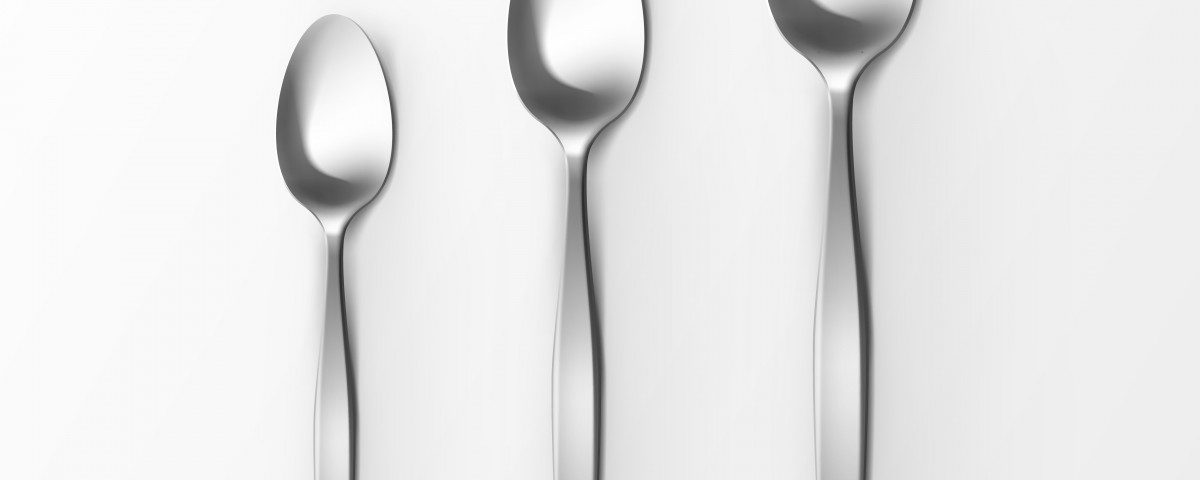For the past month or so, I’ve seen memes referencing being a spoonie. I’m either old or just out of touch with what’s trending on social media because I had to Google it.
I discovered that a spoonie is someone who lives with a chronic illness. The term comes from a blog written by lupus patient Christine Miserandino. Miserandino created “The Spoon Theory” to help her friend understand what it is like to live with a chronic illness.
The theory maintains that the chronically ill start each day with a limited amount of energy, which is represented by spoons. Each activity that a healthy person does with no forethought — such as getting dressed and working at a computer — costs someone living with a chronic disease one or more spoons, depending on the amount of energy expended to complete the task.
Miserandino explained that the chronically ill spend their entire day worrying about running out of spoons. They must carefully plan every task and every action to make their spoons last. The analogy about the fatigue and pain associated with illness touched others living with a chronic disease, and followers of her theory began referring to themselves as spoonies.
I’ve had more than my share of days when I was too fatigued to do everything that I needed to do. But I never contemplated my spoons until after I read Miserandino’s blog. I may have a limited number of spoons, but with my Type A personality and Asian work ethic, allowing Crohn’s disease to dictate my life is not an option.
I would never allow myself to run out of spoons. Rather than surrender a spoon, I power through the day. Only after I check off everything on my to-do list do I throw all my spoons into a pile and collapse in an exhausted heap.
I don’t know if the theory fits my personality. It’s not that I have an excessive amount of energy or never experience fatigue or pain caused by IBD. For me, chronic disease isn’t a matter of loss or sacrifice. Instead, Crohn’s piles things on.
Life is like a bucket of water. Everyone has a bucket that they fill each day with work, chores, and leisure time. Healthy people can fill their bucket as much or as little as they want, depending on how heavy a load they want to carry.
Having a chronic disease is like throwing stones in my bucket. Remembering to take or refill my medications adds a stone. I throw another stone in if I have a doctor’s appointment or need to get tests or labs. Having a flare or other symptoms can fill my bucket to the rim as it displaces aspects of my life. The worse my disease is, the heavier my bucket gets, and the more at risk I am of my bucket overflowing.
German philosopher Friedrich Nietzsche said, “That which does not kill us makes us stronger.” I have two choices when my bucket is overflowing: I can give up carrying it and spill the contents or I can continue forward, balancing the extra weight and becoming stronger because of it.
The Spoon Theory focuses on loss. Loss makes living with chronic disease seem like normalcy is unattainable. Why focus on problems I have no control over? I prefer to spend my time and energy finding solutions for adapting to my health and creating a new normal.
I don’t think I’ll ever be a spoonie. Instead of grasping at spoons, I’ll tote around my bucket. When it overflows and a little spills on the ground, I can hope that it waters the seeds I’ve planted and turns what I’ve left behind into something beautiful. It’s #whatmakesmerareIBD.
***
Note: IBD News Today is strictly a news and information website about the disease. It does not provide medical advice, diagnosis, or treatment. This content is not intended to be a substitute for professional medical advice, diagnosis, or treatment. Always seek the advice of your physician or other qualified health providers with any questions you may have regarding a medical condition. Never disregard professional medical advice or delay in seeking it because of something you have read on this website. The opinions expressed in this column are not those of IBD News Today, or its parent company, BioNews Services, and are intended to spark discussion about issues pertaining to IBD.


What is a spoonie?
https://www.youtube.com/watch?v=TNKXeF3gwco&t=5s
Thank you for sharing the YouTube link to your channel!